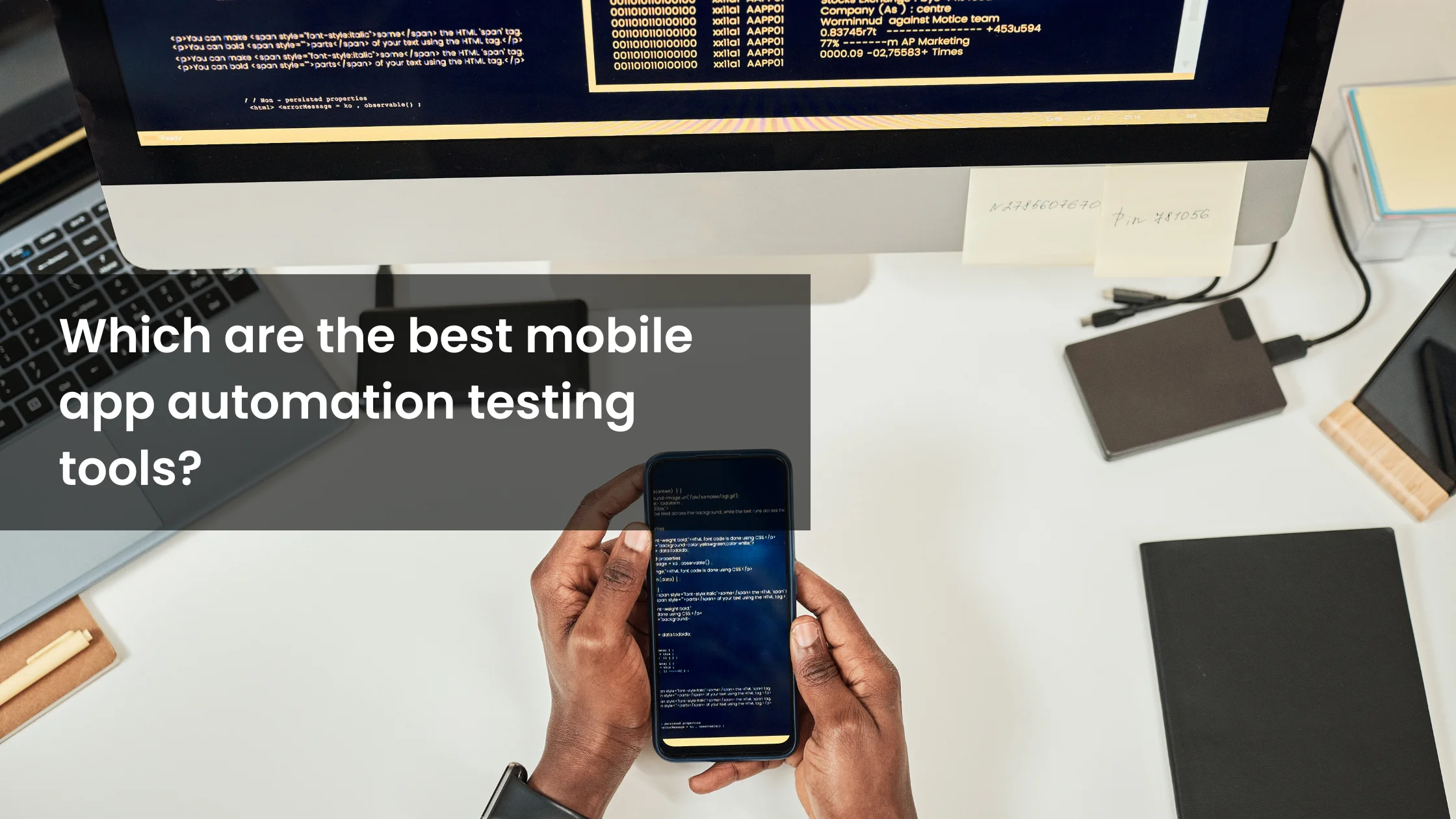If you're reading this, chances are you're either knee-deep in developing a mobile app or you're just curious about what makes these tiny powerhouses tick. Either way, you've landed in the right spot. Today, we're diving into the world of mobile app testing tools—the unsung heroes that ensure your app doesn't crash at the worst possible moment (like during a demo to your boss).
The Usual Suspects: Popular Mobile App Testing Tools
Let’s start with the classics, shall we? These tools have earned their stripes and are trusted by developers worldwide:
Appium
- Why it’s awesome: Appium is an open-source tool that supports multiple platforms (iOS, Android, Windows). It uses the WebDriver protocol to automate the testing of mobile apps, providing flexibility and ease of use.
- Best for: Cross-platform testing, as it allows you to write tests against multiple platforms using the same API.
Espresso
- Why it’s awesome: Developed by Google, Espresso is a test automation framework for Android apps. It’s known for its simple API, which allows you to write concise and reliable UI tests.
- Best for: Android UI testing, as it integrates seamlessly with Android Studio.
XCUITest
- Why it’s awesome: XCUITest is Apple’s UI testing framework, designed specifically for iOS apps. It integrates with Xcode, making it a go-to choice for iOS developers.
- Best for: iOS UI testing, especially if you’re already using Xcode for development.
Beyond the Basics: Tools for Specialized Testing
While the tools mentioned above are great, sometimes you need something a bit more specialized. Here’s where we come in with our superpowers:
LaunchFast QA
- Why it’s awesome: For those who need their app tested yesterday, LaunchFast QA is a lifesaver. It accelerates your testing process without compromising on quality.
- Best for: Rapid testing cycles and getting your app to market quickly.
Mobile Application Testing Services
- Why it’s awesome: Comprehensive testing for your mobile app that covers everything from functionality to performance. It’s like having a Swiss Army knife for mobile app testing.
- Best for: All-encompassing testing solutions tailored to your specific needs.
Automation Testing Services
- Why it’s awesome: Sometimes manual testing just won’t cut it, especially when you’re dealing with complex apps. Automation Testing Services streamline the process, ensuring thorough and consistent results.
- Best for: Automating repetitive tests and improving efficiency.
The Fun Part: Why You Should Care
Imagine this: You’ve just released your app, and the downloads are rolling in. But wait—users start complaining about crashes, glitches, and bugs. Yikes! That’s a nightmare scenario no developer wants to face. By using the right mobile app testing tools, you can catch these issues before they reach your users, ensuring a smooth and enjoyable experience for everyone.
So, there you have it. Armed with the best mobile app testing tools and services, you’re now ready to take your app from good to great. And remember, behind every flawless app is a dedicated tester who made it happen.
Happy testing!
 So, you're about to launch your killer mobile app, huh? Congratulations! But wait, before you pop that champagne, let’s talk about something crucial: mobile app testing. You see, behind every successful app is a team of diligent testers using a suite of tools to ensure it works perfectly. Let's dive into the world of mobile app testing and discover how many tools are really involved.
So, you're about to launch your killer mobile app, huh? Congratulations! But wait, before you pop that champagne, let’s talk about something crucial: mobile app testing. You see, behind every successful app is a team of diligent testers using a suite of tools to ensure it works perfectly. Let's dive into the world of mobile app testing and discover how many tools are really involved. Hey there, tech enthusiast! So, you've built a fantastic mobile app, and now you're wondering how to ensure it works flawlessly on every device. Enter the world of mobile app automation testing tools! Let's dive into some of the best tools out there that can make your testing process a breeze.
Hey there, tech enthusiast! So, you've built a fantastic mobile app, and now you're wondering how to ensure it works flawlessly on every device. Enter the world of mobile app automation testing tools! Let's dive into some of the best tools out there that can make your testing process a breeze.